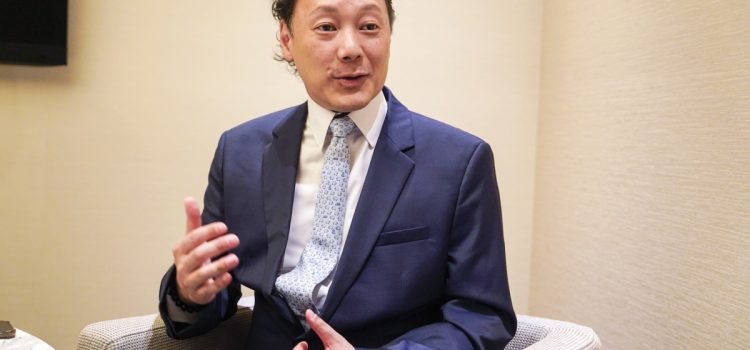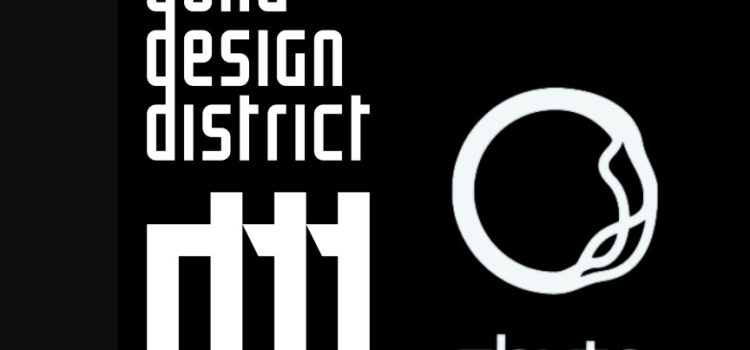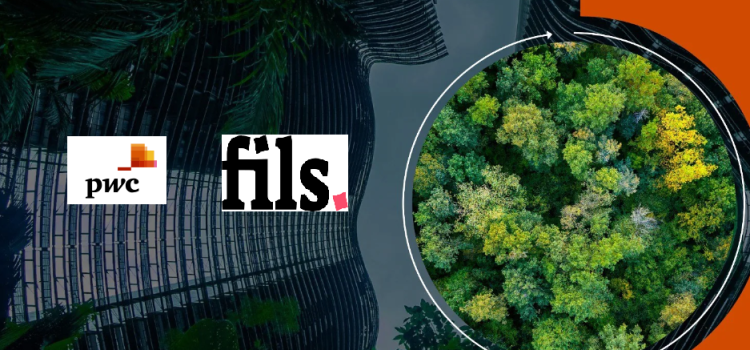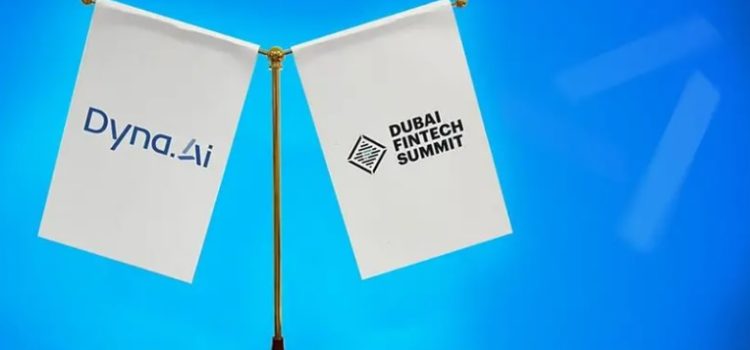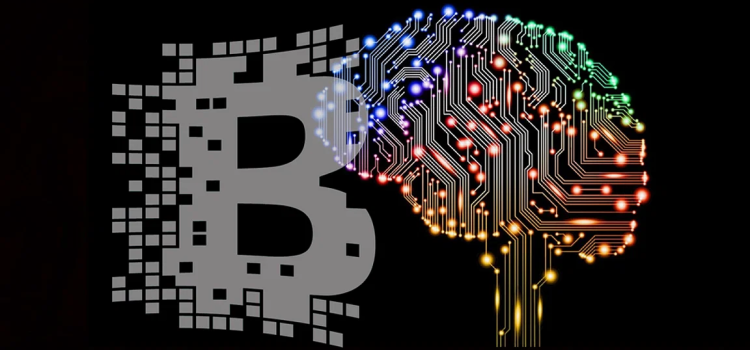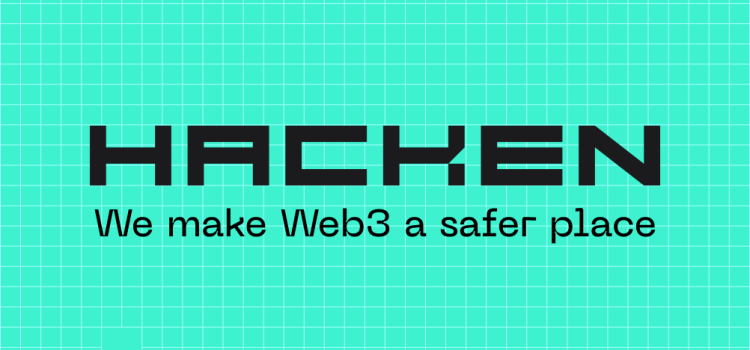
On behalf of the Hong Kong SAR Government, the Financial Services Development Council (FSDC) signed an MoU with the Qatar Financial Centre (QFC) with the goal of deepening the collaboration across multiple financial services areas between Qatar and Hong Kong including digital assets.
The Hong Kong and Mainland China delegates to Qatar have had numerous group meetings and networking opportunities with the local Qatar stakeholders – QFC, QIA, QDB ( Qatar Development Bank), Invest Qatar, Qatar Foundation, QSTP, regulators, investors, family offices, channel partners in digital assets, fintech, wealth management, to deepen the collaboration and uncover concrete business opportunities.
This MoU signing is a follow-up from an earlier visit to Qatar by the Secretary for Financial Services and the Treasury, Christopher Hui, in 2023. Since then, Qatar leaders also visited Hong Kong during the Asian Financial Forum in early 2024.
King Leung, Global Head of Financial Services and Fintech, InvestHK told Qatar Pennisula media, that “Qatar can leverage Hong Kong’s strengths to its advantage. In Hong Kong, we have been experimenting lots of innovation such as tokenization and digital assets and would like to work more closely with Qatar.”
Sharing his perspectives on the intersection between fintech and AI, Global Head of Financial Services and Fintech Leung stated, “We are seeing the intersection of AI, big data, blockchain, and cloud. A lot of the financial institutions are now using fintech, which with that AI capability can help streamline a lot of the internal processes. We have seen a lot of AI innovation in the fintech space that are empowering the financial institutions to transform their operation, to raise their ability to service their clients.”
There have been regular follow-ups by both organizations, as well as InvestHK. We are committed to deepen our collaboration in key financial services areas – asset and wealth management, fintech, digital assets, and family offices.
The Undersecretary for Financial Services and the Treasury, Joseph Chan, the Financial Services Development Council (FSDC), InvestHK, and Cyberport led a delegation of over 30 Hong Kong and Mainland China business leaders to Doha on May 5-6.
Highlighting some of the key sectors of interest for investors from Hong Kong, Leung added, “The senior officials have been making our stance very clear in terms of our positioning as a major green finance and green tech hub. We would love to work with investors around the world to promote these movements. It could be new energy, new materials, or any of the technology layers that can promote a better tracking of the green behaviour. We see quite a lot of green fintechs using different technologies and access to different data.”








